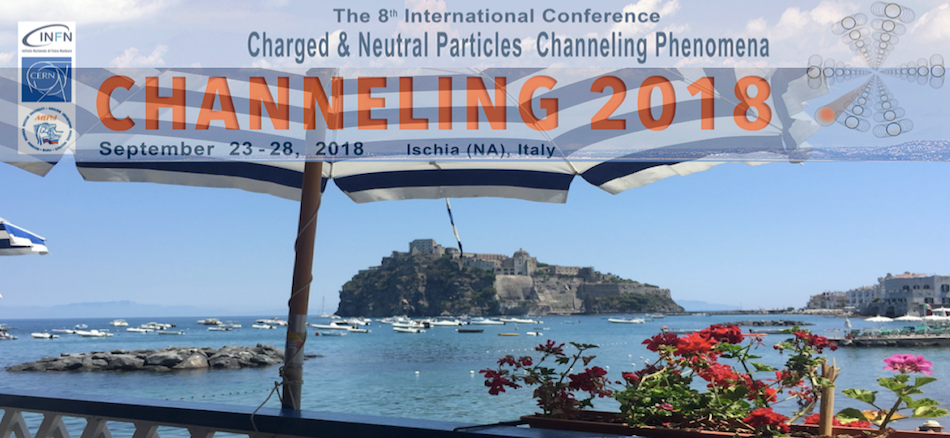Speaker
Dr
Mykhaylo Vysotskyy
(Kiev National Shevchenko Univ)
Description
In the report, the problem of realization and optimization of nuclear fusion reactions in electric discharge channel (for example, in a natural lightning channel) is considered. The main mechanism for optimization of such processes is connected with the self-similar formation of coherent correlated states under action of a pulsed magnetic field accompanying such a discharge.
It is shown for the first time that the process of formation of such states and the corresponding tunneling probability for the subsequent nuclear interaction are characterized by a resonant dependence on parameters of the forming magnetic field pulse.
The strict critical condition for possible combinations of optimal duration and amplitude of the magnetic pulse for each type of nuclear reaction, at which the efficiency of such reaction reaches its maximum value, have been obtained. It was shown that even slight deviation from this condition makes the reaction impossible.
This result shows the incorrectness of the intuitive idea that the probability of tunneling always increases with the increase of the amplitude of the impact. This result, in particular, can be used to explain the random (unpredictable) results of experiments on the optimization of energy release due to the nuclear reactions carried out using pulse action with uncontrolled fluctuations in amplitude and duration.
The results of theoretical analysis [1] are compared with the data of numerous successful experiments on observation of neutrons and alpha particles during both controlled and natural (lightning) electric discharge in air and gaseous deuterium.
1. V.I.Vysotskii, M.V. Vysotskyy. Journal of Experimental and Theoretical Physics, 2017, 152(8), 234.
Author
Prof.
Vladimir Vysotskii
(Kiev National Shevchenko Univ, Kiev, Ukraine)
Co-author
Dr
Mykhaylo Vysotskyy
(Kiev National Shevchenko Univ)

